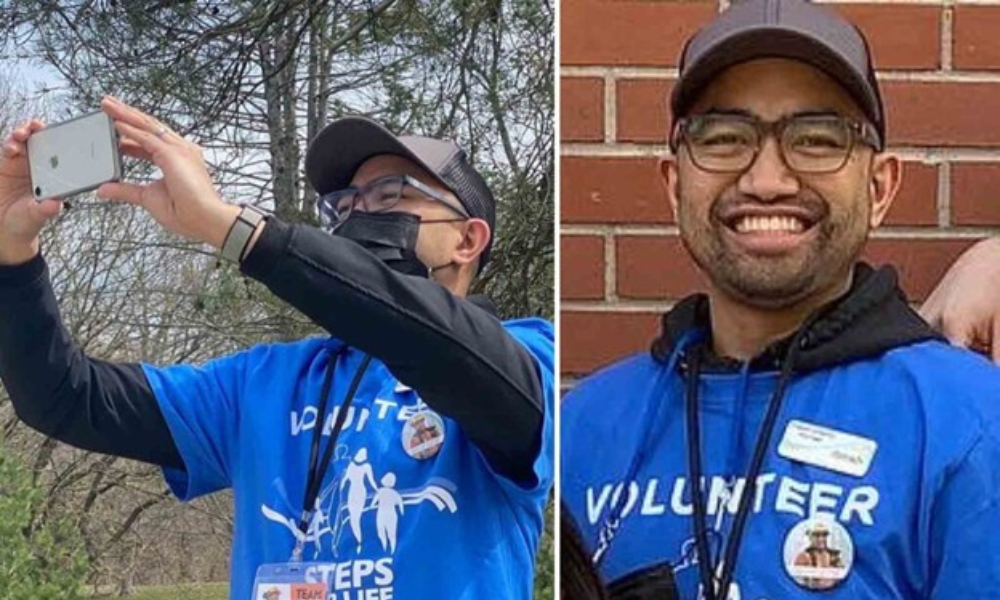‘This will ensure staff have the needed skill and knowledge to deliver these services in their communities’

British Columbia is investing $10 million in social services agencies and organizations to improve occupational health and safety training programs for staff, build on their capacity and support recruitment and retention.
“Over the past year, we have built a strong relationship with the community social services sector, which proved invaluable during the onset of the COVID-19 pandemic and enabled us to address emerging issues quickly,” said Shane Simpson, minister of social development and poverty reduction. “Community social services sector agencies provide many services that British Columbians count on, and this new funding will help agencies meet the challenges of recruiting, training and retaining a skilled workforce.”
The one-time funding will support occupational health and safety training, training and development for Indigenous agencies and Indigenous staff and foundational training and development opportunities.
“We know that violence can have devastating impacts on people and their families. Victims of violence deserve compassionate and comprehensive care,” said Mike Farnworth, minister of public safety and solicitor general. “This funding for organizations serving victims of crime will help ensure that staff have the needed skill and knowledge to deliver these services in their communities.”
There are more than 2,000 agencies in the community social service sector that provide support to individuals and their families throughout B.C, and more than 46,000 British Columbians work full or part-time in the social services sector, according to the province. Also, 80 per cent of provincially contracted social services are provided by nonprofit agencies.
B.C.’s community social services organizations, in partnership with government and other public sector agencies, provide vital services to some of the province’s most vulnerable people, including:
- people with physical, mental and developmental disabilities
- Indigenous individuals and communities
- at-risk youth
- families and children with special needs
- women experiencing family violence
Sustainable support
Stakeholders welcomed the funding, calling it a win for those who rely on social services.
“Community-living home-share providers, and the agencies that support them, help people with developmental disabilities live more freely and independently,” said Brenda Gillette, CEO of BC CEO Network. “This funding will help us develop and deliver new readily accessible training that will ensure this foundational support is sustainable and available for the many people who rely on this option while simultaneously enhancing community living throughout B.C.”
“Leadership in action for those in BC living with a disability! Province steps up support for community social services sector,” wrote Penny Richardson, director for strategic partnerships at Praxis Spinal Cord Institute, on Twitter.
In July, B.C. extended federal employment insurance exemptions and the provincial temporary crisis supplement so people on income or disability assistance and low-income seniors will continue to have access to the supports they need during the pandemic.
In March, the province started looking into a new bill that aims to provide up to five days of paid leave for victims of domestic and sexual violence.





